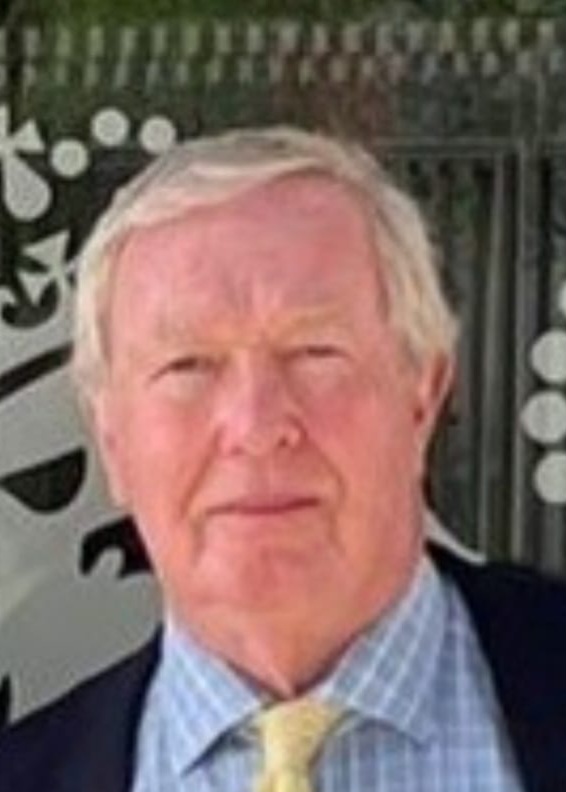Public Lecture on the future of international criminal justice - Judge Sir Howard Morrison
27 February 2024 - 27 February 2024
5:00PM - 7:00PM
PCL048 - Hogan Lovells Lecture Theatre, Durham University
-
-
Free
Sir Howard Morrison to visit Durham Law School and give a talk titled 'International criminal law: What is it good for? - Reflections on the second anniversary of Russia's aggression against Ukraine.'
/prod01/prodbucket01/media/durham-university/research-/research-centres/chinese-law-and-policy-centre-for/45900-(1).jpg)
Durham Law School
27 February, 2024
5-7pm
PCL048 - Hogan Lovells Lecture Theatre, Durham Law School
Since 24 February 2022, Russia - a permanent member of the UN Security Council - and its President, Vladimir Putin, have been committing an act of aggression against the sovereign state of Ukraine, in clear violation of international law. Another permanent member, The People's Republic of China, has since consistently failed to rebuke Russia and tacitly supported it, as have a large number of countries of the so-called Global South. Concerns have been raised about the collapse of the rule-based world order, and of the United Nations becoming an obsolete debating club. Russia's and China's stance in particular has increased the fear of many people of a new Cold War, or even an actual armed confrontation between them and NATO. Calls for holding those responsible to account within the framework of international criminal justice threaten to fall foul of the new geopolitical environment and simple jurisdictional issues: The International Criminal Court has no jurisdiction over the crime of aggression committed in Ukraine because Russia is not a state party to the Court's Statute. A separate ad-hoc tribunal to try Putin and others may well fail due to the lack of consensus in the wider international community. Some say that it borders on illusion to think that Putin will ever face justice before any court.
Against this background, Sir Howard Morrison, one of the globally most experienced international criminal lawyers, will discuss the role that international criminal law can still play when faced with the crimes of the leadership of powerful states.
Speakers

Sir Howard Morrison
Sir Howard Morrison KC (Master of the Bench, Grays Inn) is currently the UK Independent Advisor to the Ukrainian Prosecutor-General.
He moved into international law by defending at the Yugoslav (ICTY) and Rwanda war crimes tribunals. He was a UK judge before joining the bench at the Special Tribunal for Lebanon. After that, as a judge at the ICTY, he tried Radovan Karadzic. He served at the International Criminal Court where he sat in the Appeals Division. He received an OBE, CBE, and KCMG for services to international law. He trains war crime and counter-terrorism judges in Ukraine and Iraq.
Pricing
This lecture is free to attend. Please note that the room capacity is limited to 90 people, so we will base admittance to the event on a first come, first serve basis.

